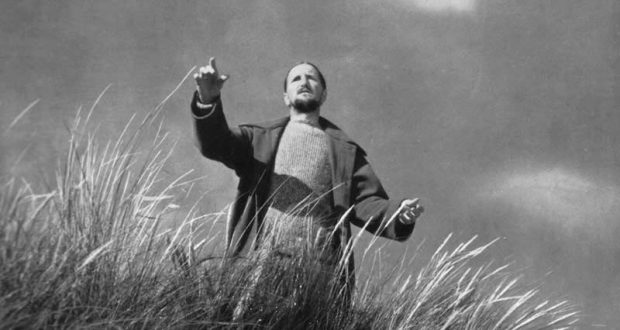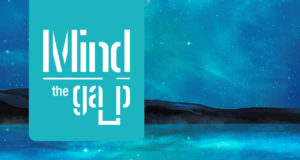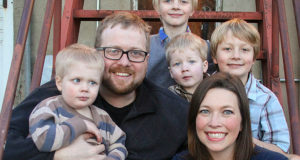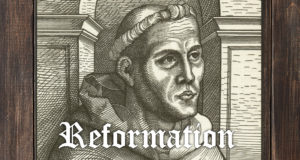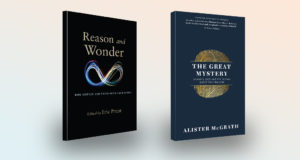A challenging, complex work exploring faith, family and the mysteries of existence, Carl Theodor Dreyer’s Ordet is hailed by the critics as one of the greatest films ever made. Ben Rogers reviews.
Religion seems to hover over much of Danish director Carl Theodor Dreyer’s filmography—even in titles such as The Passion of Joan of Arc, Day of Wrath, The Parson’s Widow and Leaves from Satan’s Book—but perhaps his mastery of injecting religious dimensions into cinema is best seen in 1955’s Ordet (or by its lesser-known English title, The Word).
A favourite of directors such as Paul Schrader and Lars von Trier, Dreyer is in the top-tier of world cinema’s greatest filmmakers and his 1928 silent classic The Passion of Joan of Arc was voted as the most influential film ever made by the Toronto International Film Festival’s Essential 100. With competition including Citizen Kane, Coppola’s The Godfather and Antonioni’s L’Avventura, this was no small feat but testifies to the esteem and enduring legacy of Dreyer’s work.
You could debate whether Ordet is superior to Dreyer’s 1928 silent classic The Passion of Joan of Arc, but as film critic Chris Fujiawara points out, “Ordet demands more from us, and has more to give, than almost any other film.”
Adapted from Danish pastor Kaj Munk’s play, the film’s setting is relatively self-contained within a family home and its surrounding farming community (its theatrical origins evident) but the conflicts and struggles between the Borgen family members take on an enormously grand scale with universal and metaphysical implications.
Perhaps Dreyer’s very precise contrast of scope between what is physically presented—the confined world of a rural Danish village—and what is metaphysically explored—life, death, redemption, madness, communicating with God—is what leaves viewers so awestruck by how a piece of seemingly simple art can tackle such epic questions for humanity.
Ordet is admittedly not the easiest watch, but surrender to its deliberately slow narrative rhythms, its hauntingly-beautiful photography and its complex themes exploring religious faith and doubt, and you’ll be rewarded with a remarkable spiritual experience.
On a related note: although not officially deemed a ‘remake’, Carlos Reygadas’ Silent Light has numerous parallels to Ordet in terms of setting, plot and thematic concerns, and while it doesn’t match its predecessor’s quality, it’s certainly worth watching to see a contemporary cinematic approach that still captures the magic and mystery of Dreyer and Munk’s original subject matter.
Ordet
Director: Carl Theodor Dreyer
Starring: Henrik Malberg, Emil Hass Christensen, Birgitte Federspiel
1955
Available to purchase from Amazon UK
 JourneyOnline
JourneyOnline
